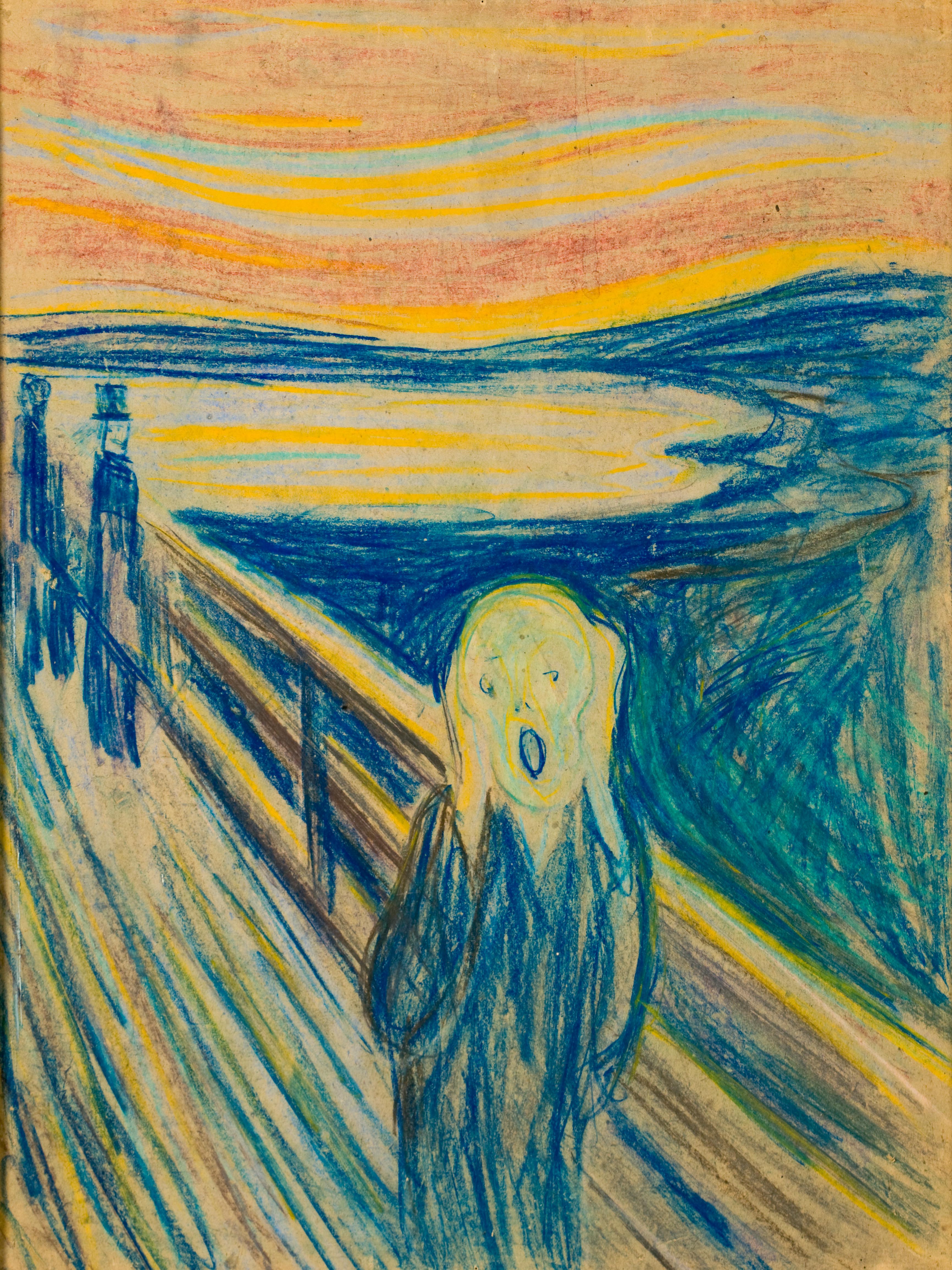Live Music
페이지 정보
작성자 Miles 작성일24-11-23 19:10 조회11회 댓글0건관련링크
본문
Live Music
Why is stay music so powerful?
Live music has a novel ability to resonate deeply with people and communities. Below are some key explanation why it's so powerful:
- Emotional Connection: The environment of a live performance fosters a robust emotional bond between the artist and the audience. The energy and passion of the musicians can evoke a variety of feelings.
- Shared Experience: Attending a live performance creates a way of community among viewers members. Sharing the expertise with others enhances emotions of belonging and 오피사이트 unity.
- Tactile Sensation: The physical presence of music, felt by way of vibrations and sound, could be invigorating and stimulating, typically making the expertise extra profound.
Impact on Mood and Well-Being
Live music can significantly uplift spirits and has been proven to cut back stress and anxiety. The stay setting encourages individuals to be present and engaged, enhancing their total well-being.

Creativity and Inspiration
Artists usually push their creative boundaries throughout reside performances, providing unique interpretations of their songs. This spontaneity can encourage and invigorate each the viewers and fellow musicians.
Memorable Moments
Live music is usually related to significant life events and recollections. This connection enhances its energy, as individuals can recall specific live shows and performances that have shaped their lives.
In summary, the blend of emotional engagement, neighborhood, and sensory expertise makes reside music a transformative pressure in our lives.
What is a live music session?
A live music session refers to a performance the place musicians play and sing in real-time, typically in front of an audience. These periods can happen in various venues, including
- concert halls
- bars and pubs
- festivals
- music clubs
- outdoor events
Live music classes can vary in type and format. Some key features embody:
- Confirmed Artists: Well-known bands or solo artists typically perform their songs.
- Open Mic Nights: Local skills or amateurs get the prospect to showcase their abilities.
- Jam Sessions: Musicians spontaneously be a part of together to create music and not using a rehearsed plan.
- Acoustic Sets: Performances that target vocals and acoustic devices, making a more intimate ambiance.
These periods not only entertain but also foster a way of neighborhood amongst attendees, allowing music lovers to attach and share their ardour for live performances.
Why do they name it DJ?
The time period "DJ" stands for "disc jockey," a title that originated from the mixture of two key parts within the music world. Here are the main explanation why it's known as DJ:
- Disc: This refers to vinyl information or CDs that DJs used to play music during their performances. Historically, DJs would spin these physical discs to create a seamless move of music.
- Jockey: This term is derived from the concept of "jockeying" or manipulating the music. DJs skillfully mix tracks, adjust tempos, and create transitions, just like how a jockey rides and controls a horse.
As technology has advanced, the strategies and tools used by DJs have evolved, but the basic role remains the identical: to curate and present music in an engaging way.
Evolution of the DJ
- Originally focused on vinyl data.
- Adoption of CDs and digital formats.
- Use of software and controllers for mixing.
In conclusion, the term "DJ" encapsulates both the medium of music performed and the skill involved in delivering an entertaining musical expertise.
댓글목록
등록된 댓글이 없습니다.